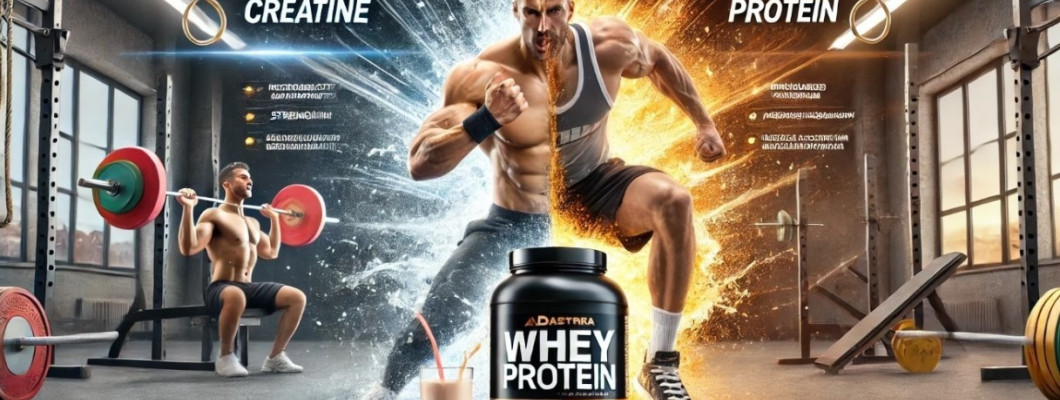
What is Creatine and How Does It Work?
Creatine is a naturally occurring substance that is synthesized in our body, primarily in the liver, kidneys, and pancreas. It plays a key role in energy metabolism, especially during short and intense physical activities.
How Does Creatine Work?
Creatine helps in the production of adenosine triphosphate (ATP) – the primary energy source for muscle contractions. When supplemented, creatine increases phosphocreatine stores in the muscles, which allows for:
✅ Increased strength and explosiveness during short and intense workouts
✅ Faster recovery between sets
✅ Muscle mass growth by increasing water retention in muscle cells
✅ Improved performance in high-intensity training
What Are Proteins and How Do They Work?
Proteins are macronutrients composed of amino acids, which are the building blocks of muscle tissue. Unlike creatine, proteins have a much broader role in the body.
How Do Proteins Work?
Proteins contribute to:
✅ Building and repairing muscle tissue
✅ The creation of enzymes and hormones
✅ Transporting nutrients
✅ Supporting the immune system
✅ Maintaining electrolyte balance
Protein supplements (commonly in the form of whey protein, casein, or plant-based proteins) provide a concentrated source of amino acids that aid in muscle synthesis, especially after intense training.
Which One Is Better for Your Specific Goals?
For Muscle Mass Gain
Optimal Solution: A combination of creatine and protein
Proteins provide the building materials necessary for muscle growth, while creatine allows you to train at a higher intensity, creating a stronger stimulus for muscle hypertrophy. Research shows that combining these two supplements yields better results than either of them alone.
For Strength Increase
Optimal Solution: Creatine with an adequate protein intake
Creatine has a direct impact on strength gains through the ATP system. Strength athletes, powerlifters, and Olympic weightlifters often report significant strength benefits when supplementing with creatine. However, protein intake should be sufficient to support muscle recovery.
For Endurance
Optimal Solution: Primarily protein with a smaller role for creatine
Endurance activities have less direct benefits from creatine, as it primarily affects the anaerobic energy system. Proteins, on the other hand, are essential for preventing muscle breakdown during long endurance workouts.
For Fat Loss
Optimal Solution: Prioritizing protein with optional creatine use
Protein has the highest thermic effect among all macronutrients, meaning the body burns more energy to digest it. Additionally, protein helps maintain muscle mass during a caloric deficit. Creatine may cause water retention, but it also helps sustain training intensity while on a diet.
Specific Dosage Recommendations
Creatine
-420x158.png)
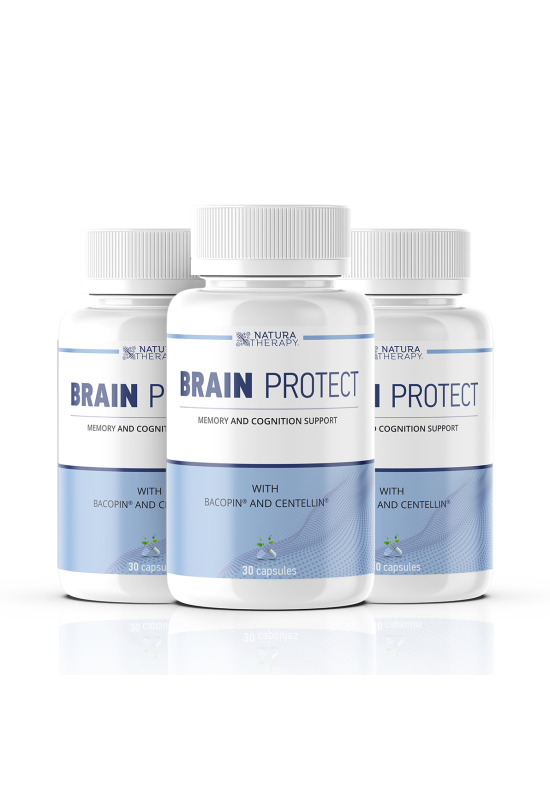
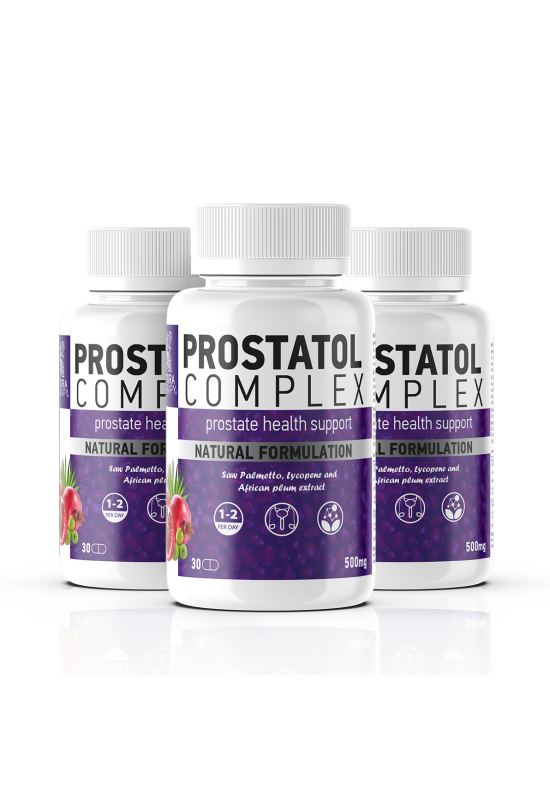
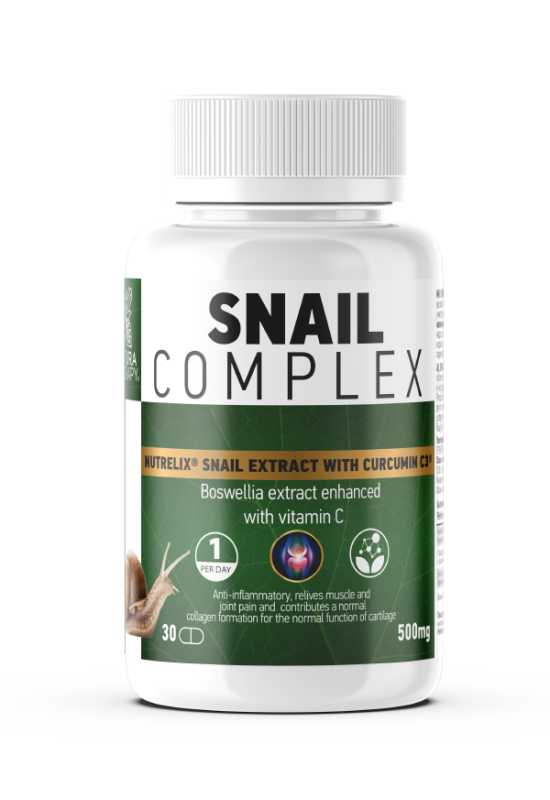
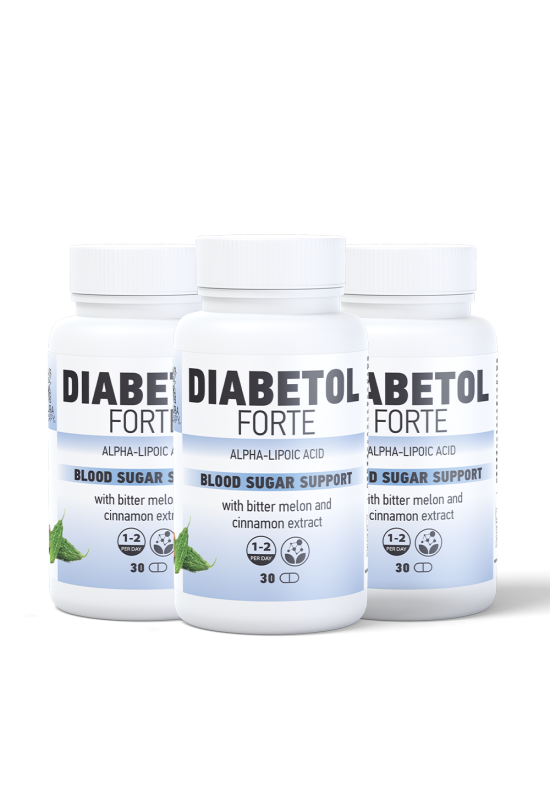

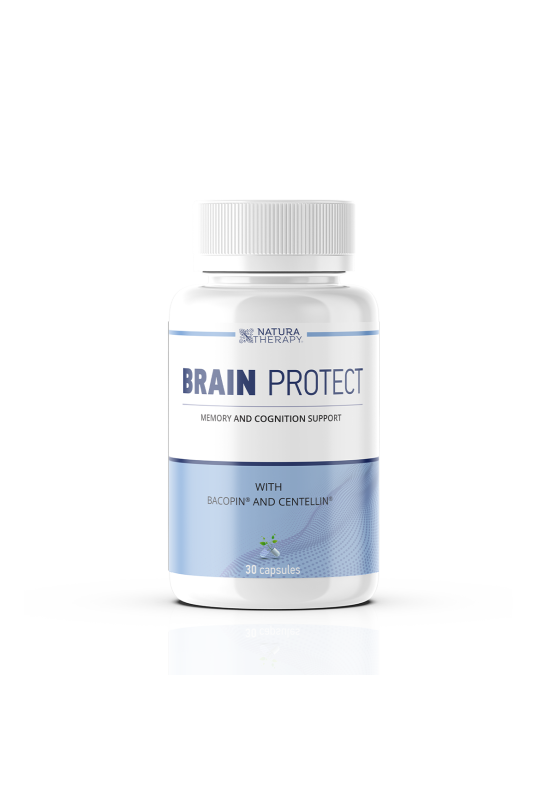
-550x800w.png)
-550x800w.png)
Leave a Comment